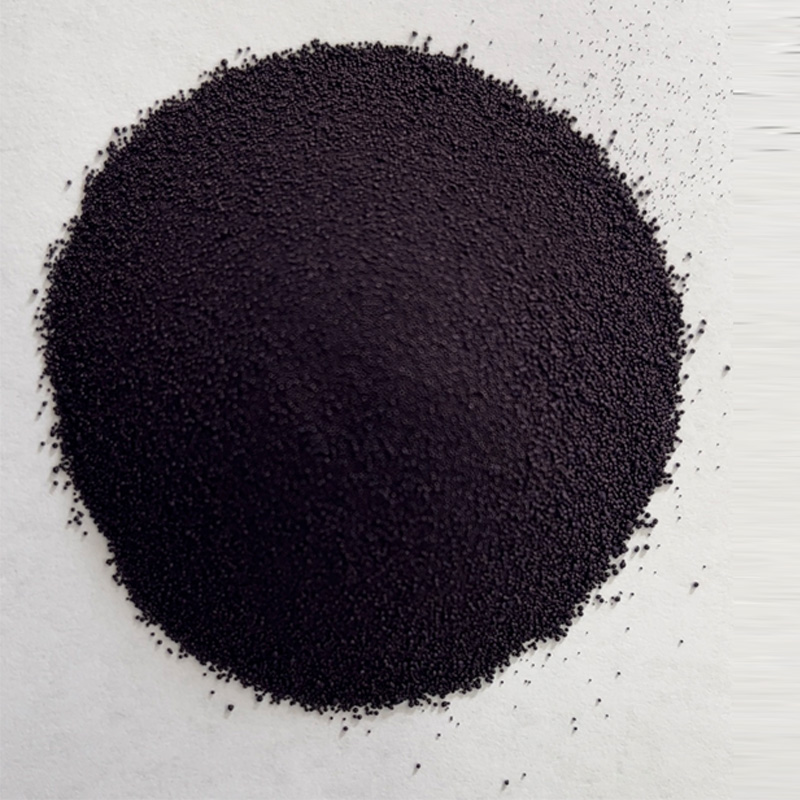Natural Indigo Dyeing Techniques for Sustainable Denim Production and Fashion Innovation
The Art of Indigo Dyeing A Timeless Fashion Choice for Jeans
Indigo dye, renowned for its deep blue hue, has been a staple in the textile industry for centuries. Its rich history is woven into the fabric of many cultures, but perhaps its most iconic association is with denim jeans. Today, indigo-dyed jeans remain a fashion essential, celebrated not only for their durability and versatility but also for the intricate art of indigo dyeing that underpins their creation.
The Origins of Indigo Dye
Indigo dye has been used since ancient times, with its origins dating back more than 6,000 years in regions such as India, Africa, and the Americas. The dye is derived from the leaves of the indigo plant, primarily from the species Indigofera tinctoria. The process of extracting the dye is labor-intensive and requires careful fermentation, resulting in a vibrant blue pigment that has captured the hearts of artisans and fashion enthusiasts alike.
Historically, indigo was a valuable commodity, often referred to as blue gold. Its rarity and the complexity of its production made it a prized material in the textile market. As technology evolved, synthetic indigo was introduced in the late 19th century, making it more accessible and affordable for mass production. Despite this, the artisanal methods of natural indigo dyeing have seen a resurgence in recent years as consumers become more conscious of sustainability and the environmental impacts of fast fashion.
The Denim Revolution
The evolution of indigo dye in the world of denim began in the mid-1800s when Levi Strauss and Jacob Davis patented the first pair of riveted denim jeans. These jeans were originally designed for miners and laborers, emphasizing durability and comfort. Over time, denim jeans transitioned from workwear to a cultural icon, becoming synonymous with rebellion, freedom, and self-expression.
indigo dye for jeans

Indigo dye contributes to the timeless appeal of denim by adding depth and complexity to the fabric. The dyeing process typically involves multiple dips in the indigo vat, creating a rich, multi-dimensional color that fades beautifully over time. This fading process is often cherished by wearers, leading to unique patinas that tell the story of the garment's journey. The blue hue of indigo pairs seamlessly with a multitude of colors and styles, making it a versatile choice for any wardrobe.
Sustainable Practices in Indigo Dyeing
In recent years, the fashion industry has faced scrutiny for its environmental impact, particularly concerning water use, pollution, and waste. As a result, many brands are looking towards sustainable practices, including natural indigo dyeing. Natural indigo production is less harmful to the environment compared to synthetic methods, as it reduces harmful chemicals and promotes biodiversity.
Artisanal brands have emerged, focusing on traditional techniques and smaller-scale production that honor the craftsmanship of indigo dyeing. These practices often involve eco-friendly processes, such as using organic cotton and reducing water usage, ultimately benefiting both the environment and local communities. Additionally, sustainable practices foster a renewed appreciation for the artistry and labor that goes into creating high-quality denim.
The Future of Indigo-Dyed Jeans
As fashion continues to evolve, so does the demand for ethically produced clothing. Indigo-dyed jeans embody not only a classic aesthetic but also a commitment to sustainability. Consumers are increasingly seeking transparency in their clothing brands and are willing to invest in garments that reflect their values.
Indigo dyeing is not just a historical technique; it is a vibrant art that continues to adapt and thrive in the 21st century. From its ancient roots to its place in modern fashion, indigo dyeing remains a symbol of creativity, individuality, and sustainability. As we move forward, the relationship between indigo dye and denim will undoubtedly continue to flourish, reminding us of the beauty and significance of this age-old craft.
-
The Timeless Art of Denim Indigo Dye
NewsJul.01,2025
-
The Rise of Sulfur Dyed Denim
NewsJul.01,2025
-
The Rich Revival of the Best Indigo Dye
NewsJul.01,2025
-
The Enduring Strength of Sulphur Black
NewsJul.01,2025
-
The Ancient Art of Chinese Indigo Dye
NewsJul.01,2025
-
Industry Power of Indigo
NewsJul.01,2025
-
Black Sulfur is Leading the Next Wave
NewsJul.01,2025

Sulphur Black
1.Name: sulphur black; Sulfur Black; Sulphur Black 1;
2.Structure formula:
3.Molecule formula: C6H4N2O5
4.CAS No.: 1326-82-5
5.HS code: 32041911
6.Product specification:Appearance:black phosphorus flakes; black liquid

Bromo Indigo; Vat Bromo-Indigo; C.I.Vat Blue 5
1.Name: Bromo indigo; Vat bromo-indigo; C.I.Vat blue 5;
2.Structure formula:
3.Molecule formula: C16H6Br4N2O2
4.CAS No.: 2475-31-2
5.HS code: 3204151000 6.Major usage and instruction: Be mainly used to dye cotton fabrics.

Indigo Blue Vat Blue
1.Name: indigo blue,vat blue 1,
2.Structure formula:
3.Molecule formula: C16H10N2O2
4.. CAS No.: 482-89-3
5.Molecule weight: 262.62
6.HS code: 3204151000
7.Major usage and instruction: Be mainly used to dye cotton fabrics.

